Up until about 1990, Mongolia never faced any fears of living in poverty. Rural land specifically, and the large volume of land has been Mongolia’s source of food security and livelihood for centuries.
Mongolia owns approximately 838,853.13 square miles of land in which much of it is desert, but the arable land is quickly becoming depleted, polluted, or turned to desert.
Currently, 33% of people in Mongolia are poor, and over half of the country’s population is living in rural areas. This quickly happened after Mongolia’s large farms became private and hundreds of herders became unemployed and without government benefits.
Most of the rural poor live nomadic lifestyles, moving from area to area with their families in order to feed cattle and find food. Some families live in soums, or villages consisting of multiple families, and some rural families, particularly the nomads, live in tents known as ger. The benefit of living in soums is the ability to obtain some form of education, health services, and essential necessities.
Those living in rural areas rely on their animals for food and making money.
With much of the fertile land being utilized for feeding cattle, there has been a severe increase in land degradation. Mongolia has yet to find strengthening mechanisms for sustainable land management or a method to control desertification. Without these forms of protection, Mongolia is at an increasing risk of losing what little remains of one of their most needed natural resources: fertile land.
Desertification brings with it many struggles; drought and causing land to become irreparable are among the worst-case scenarios. With more and more of the land being overgrazed, little land will be left for agriculture, herding, and living. Mongolia is already naturally a very dry climate with little rainfall and plant growth, which is only worsened by the constant migration, over-cultivated land, and now competition for natural resources.
– Rebecca Felcon
Sources: Rural Poverty Portal, Scoop World
Photo: Stephane L
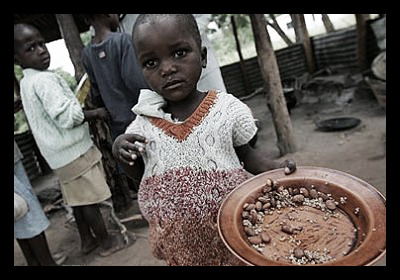
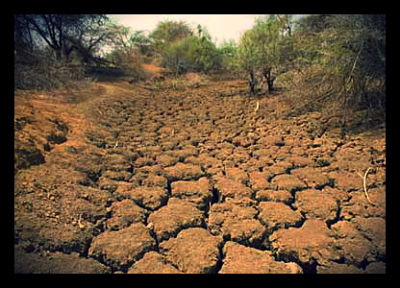
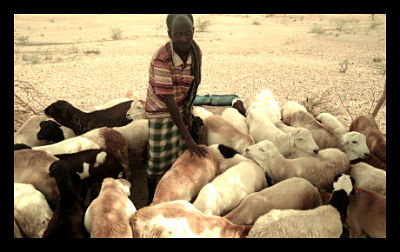
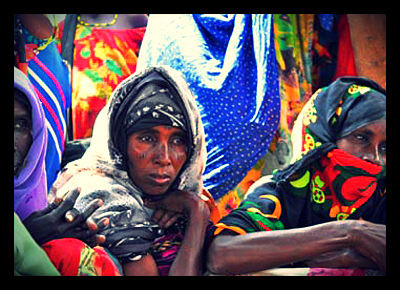
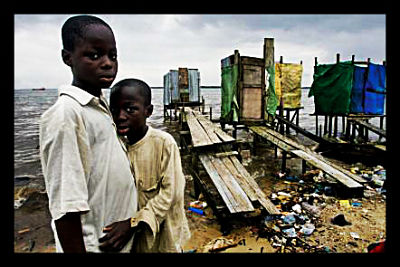
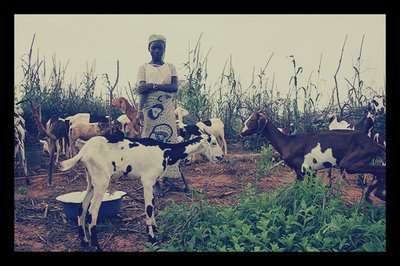
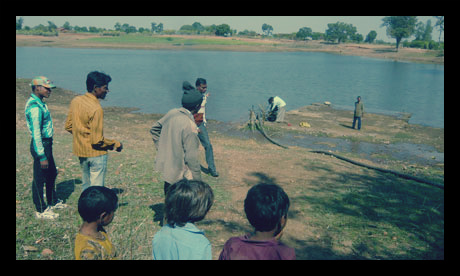 The villages around Dungarpur in India’s northwestern state of Rajasthan have a natural beauty that is characteristic of many rural hillside towns. There are rolling wheat fields, eucalyptus trees and luscious neem trees that contrast the colors of the red-tiled houses. However, this area is not without its natural problems as well. The region suffers from a chronic lack of water and faces the common problem of drought in India. Between rainy seasons, the men of the village often have to leave their farms to pick up work in surrounding cities.
The villages around Dungarpur in India’s northwestern state of Rajasthan have a natural beauty that is characteristic of many rural hillside towns. There are rolling wheat fields, eucalyptus trees and luscious neem trees that contrast the colors of the red-tiled houses. However, this area is not without its natural problems as well. The region suffers from a chronic lack of water and faces the common problem of drought in India. Between rainy seasons, the men of the village often have to leave their farms to pick up work in surrounding cities.